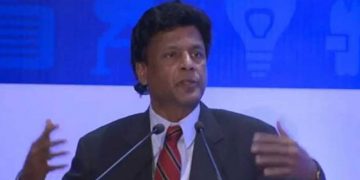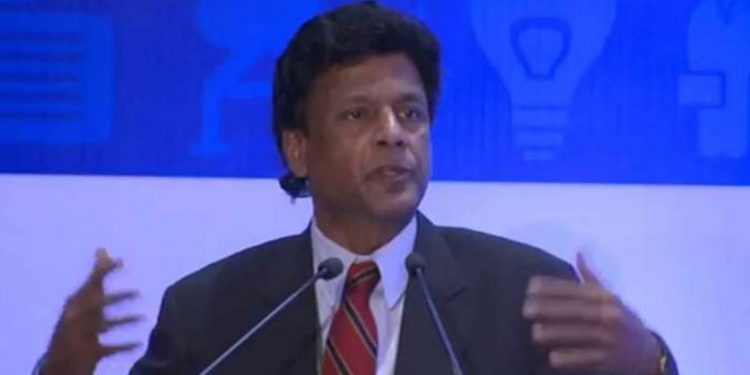ROAR of Ravi Dev
Last week I again participated in discussions with David Hinds on the background to the elections imbroglio, hoping to formulate a win-win exit strategy. The premise was you can’t fix something unless you know exactly what is broken. We both agreed that these elections won’t end “well”; we differed on why.
In 1990, I had proposed that Guyana had two “ethnic security dilemmas” (ESD’s) structured by the extant political system as it impacted the two major groups, African and Indian Guyanese. For African Guyanese, in a polity where citizens voted ethnically, since their Indian Guyanese opponents constituted a majority (by 1980) they could potentially be excluded from the Executive in perpetuity in the majoritarian Westminster system. On the other hand, while the Indian Guyanese might win elections because of their numbers, governing would be problematic at best since the strategic institutions of the state – the bureaucracy, the army, the police, etc were all staffed predominantly by African Guyanese supporters of the PNC.
The ESD’s played out after the 1997 elections, when widespread violence broke out after the PNC protested the elections results. Since then, the issue of “power-sharing” was thrust into the public space but apart from ROAR, the players avoided discussing that it was ETHNIC power sharing being discussed. Various stratagems such as a “grand coalition” of the PNC and PPP were floated without explicitly declaring this would be addressing the fears of the African -Guyanese minority. ROAR had proposed Federalism as a structural device to address wider ethnic exclusions, in addition to proposing a welter of distributive measures to address ethnic inequalities in valued areas of national endeavor for all ethnic groups, including Amerindians.
But during the last three weeks I pointed out that time had overtaken the premises of the African Ethnic Security Dilemma. Indian-Guyanese were no longer a majority and for either of the two ethnic based major parties to win a general election, they would have to attract at least 10% of votes from outside their constituency. This was a happy moderating centripetal circumstance that theorists and practitioners had created a host electoral innovations to encourage: discouraging “ethnic outbidding”, which increases ethnic polarization and conflict.
The PNC, a smaller minority than the PPP, were able to form the government in 2015 by coalescing with the AFC, which brought over enough votes from the Indian and Mixed segments to put them over the wire. The PPP government had been removed through the ballot box by the PNC – after a decade of armed insurrection by gangs of armed gunmen calling themselves “African Freedom Fighters” who believed that was impossible. The Indian ESD was put to the test.
The PNC/APNU/AFC coalition, however, inexplicably refused to acknowledge the Indian ESD fears and blithely proceeded with policies and appointments that completely alienated that community: Cabinet, Permanent Secretaries, Boards of Public Corporations were dominated overwhelmingly by non-Indians; the strength of the disciplined forces was boosted while the DFC recommendations re ethnic representativeness was ignored and finally, 7000 mainly Indian sugar workers were fired.
The LGE results in late 2018 was an early warning that the coalition had lost its majority. After a NCM was successfully moved against them in Dec 2018, their response signaled the PNC was willing to deviate from democratic conventions to remain in power. When the results of the last district Reg 4 indicated the PNC would lose the March general elections, they went fully rogue by having loyalists in GECOM rig the SOP count in front of the diplomatic community. What was the PNC’s strategy?
They are “gambling for resurrection”. Here, leaders who see defeat staring them in the face of competition or conflict take high risks actions that would be considered “irrational” in normal circumstance because the high costs of defeat would outweigh the low probability of victory. However, the PNC had already polarized its constituency with their mobilization strategy during the campaign: exploiting historical fears by “circling the wagons” against the PPP, presented as literally planning to exterminate them.
In this situation while the PNC leadership is gambling for resurrection by almost certainly taking the country down the road to sanctions or a possible civil war or partition, they are counting on their kith and kin in the state institutions to take their side even as the country goes up in flames. In their minds they have nothing to lose and everything to gain: pelf and power with oil and office.



































































